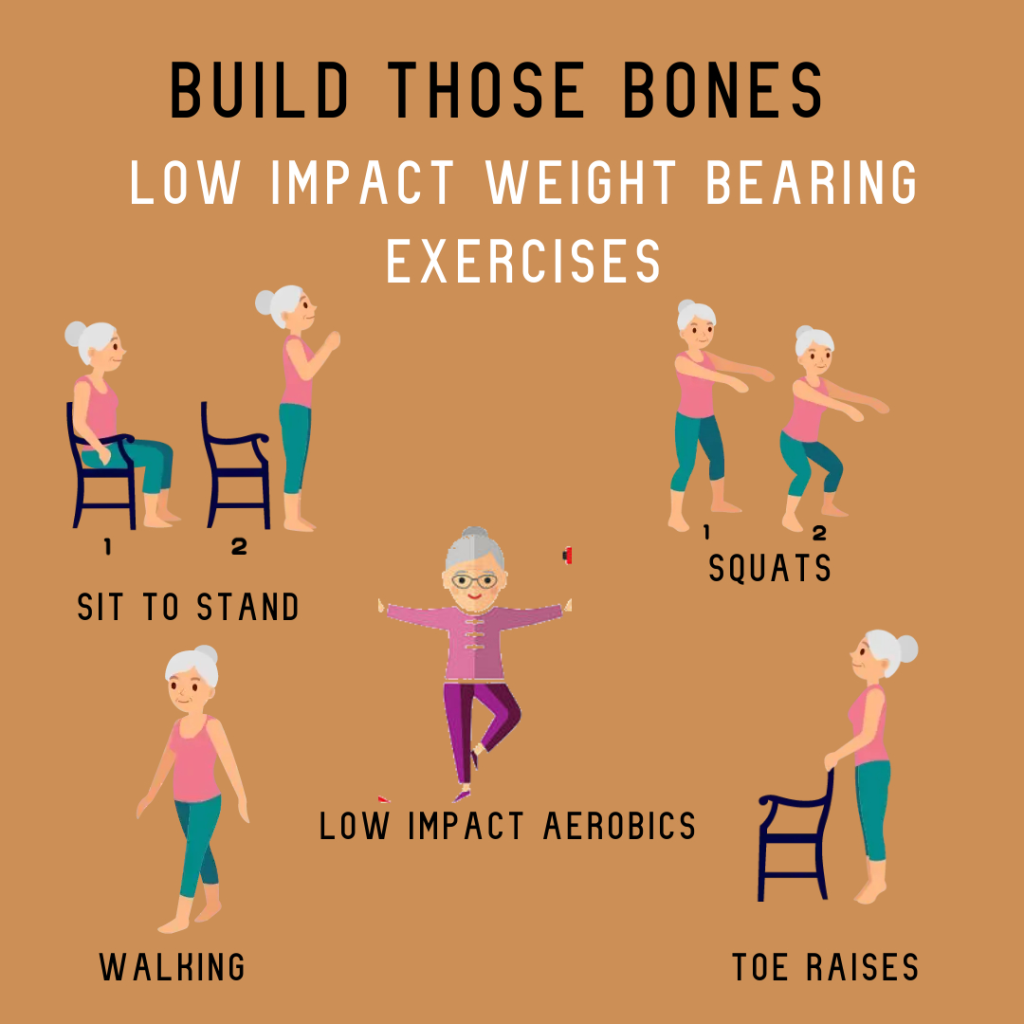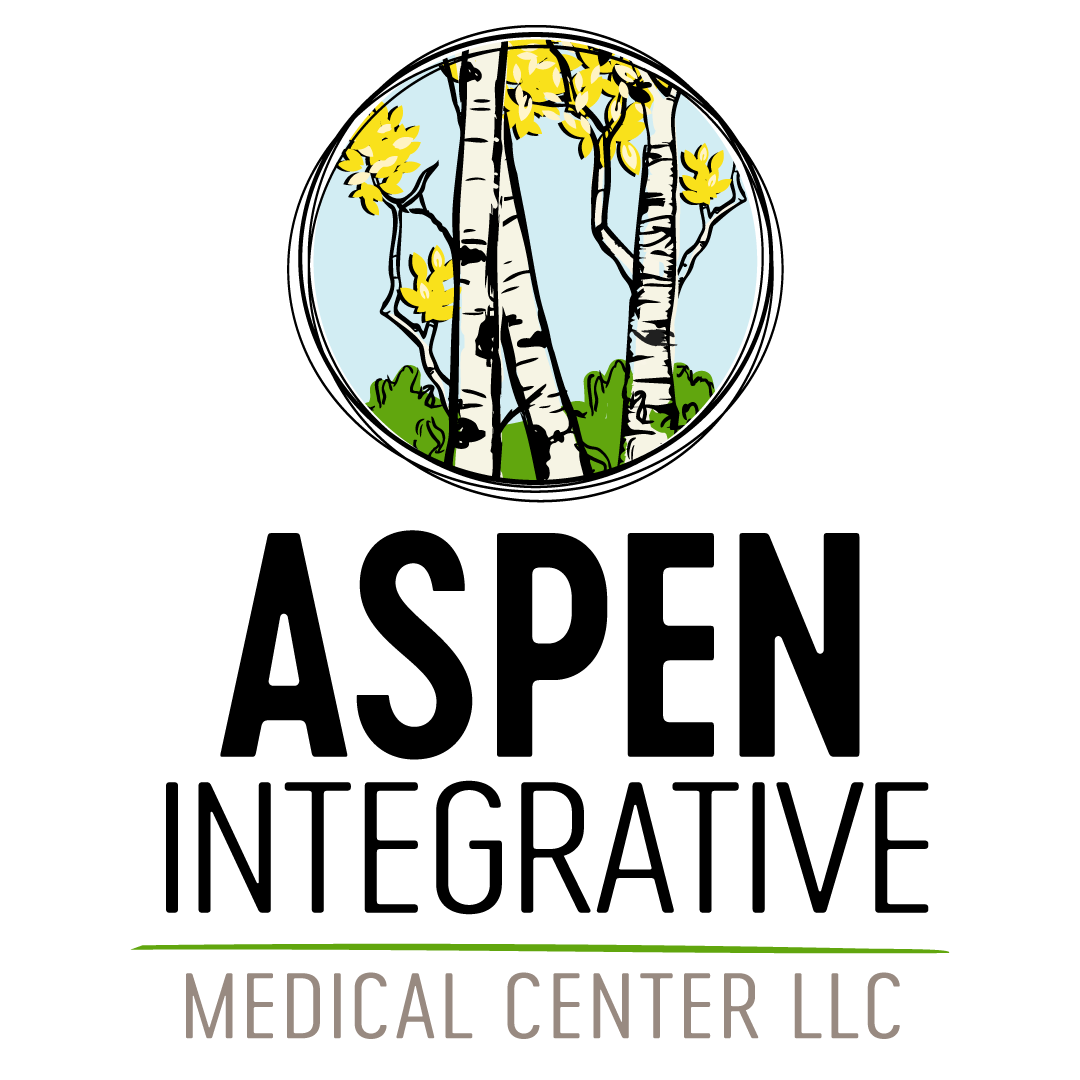
Bone Building Tips For Osteoporosis Prevention
Osteoporosis is the loss of bone mineral density leading to increased risk of fractures. Affecting men and a higher percentage of women primarily over the age of 60, prevention is key to solidifying healthy, solid bones. Lifestyle, malnutrition, hormone status and medications can all contribute to developing osteoporosis. Living a healthy lifestyle with the right kind of exercise and diet can greatly influence one’s risk of developing osteoporosis. If you are over the age of 65, female, and have a history of fracture, ask your doctor about receiving a bone mineral density scan, or DEXA, to screen for osteoporosis.
I. Exercise is Important
Proper exercise is integral to maintaining good health. Particularly for osteoporosis prevention, the right type of exercise matters. Exercise that includes weight bearing and resistance helps to load the axial spine, or the cervical, thoracic and lumbar areas of the spine, to increase bone mineral density. This can be accomplished by weight lifting, walking with a weighted vest or small backpack and using resistance bands. If you have osteoporosis or osteopenia (the precursor to osteoporosis) make sure to tell your doctor if you have back pain after doing these activities as compression fractures can occur. Balance is another key to the exercise regimen to prevent osteoporosis and can include activities such as yoga, tai chi, or qi gong. Maintaining and practicing balance is integral to prevent falls and can easily be worked into a daily routine when brushing one’s teeth, washing the dishes, or drinking a morning cup of coffee.
II. Optimize Diet and Nutrition
Eating a healthy diet with minimal processed foods and sugar is important for generating all the needed vitamins and nutrients for strong bones. Some of the most important vitamins and minerals for bone growth are calcium, magnesium, and vitamin’s D and K. Physiologically, these vitamins and minerals work in concert to either maintain bone mass or break it down when necessary. Vitamin D is not hard to come by in Arizona, but some folks can still be deficient and may need to supplement, a simple blood test performed by your doctor can help one understand vitamin D status. Early AM and late PM sunlight is important for physiological function and also contains the most red light, which is relaxing and calming and will provide vitamin D, a great place to practice your balance is outside! Vitamin K, typically in the form of K2, aids the absorption of vitamin D. It is helpful to find a supplement containing both of these vitamins together to ensure proper absorption. Calcium and magnesium can be found in foods such as dark leafy greens, dairy products, pumpkin seeds and eggs. Ideally more calcium is coming from the diet than a supplement, talk to a naturopathic doctor about how to add more calcium containing foods to your diet. Certain foods have also shown to be protective, such as soy products, dairy for its calcium content and foods with probiotics such as sauerkraut. Avoiding alcohol and drinking plenty of filtered water are essential to maintain proper nutrient balance.
III. Medications Play a Role
Certain medications can be protective, such as certain forms of hormone replacement therapy. Maintaining hormonal balance is important, as many different hormones play a role in the physiology of healthy bones, calcium, and vitamin D levels including estrogen, thyroid and parathyroid hormones. Other medications can increase risk for osteoporosis such as steroids commonly used to treat asthma and PPI’s or acid-blockers, commonly used to treat heartburn. Talk to your doctor if you have been on these medications long term and are concerned about bone loss.
IV. Parting Thoughts
Diet and lifestyle are two of the most important factors to prevention of osteoporosis, but are also the cornerstone of maintaining health and longevity. Practicing proper nutrition, daily movement and activities that cultivate joy are the key to a healthy lifestyle for many years to come. If you are interested in how to make healthier changes, speak to a naturopathic doctor today about osteoporosis prevention or general health and wellness.
By Paul M. Despres, NMD and Alexandra Mele, ND
Drs. Paul M. Despres and Alexandra Mele are licensed naturopathic physicians practicing at Aspen Integrative Medical Center in Flagstaff, AZ. They specialize in acute care, men’s health, women’s health, gastrointestinal disorders, and complex chronic disease such as Long Covid, Lyme Disease, Mold Illness, and environmental toxicity. For additional information or to schedule an appointment, please call 928-213-5828 or visit aspenmedcenter.com.




